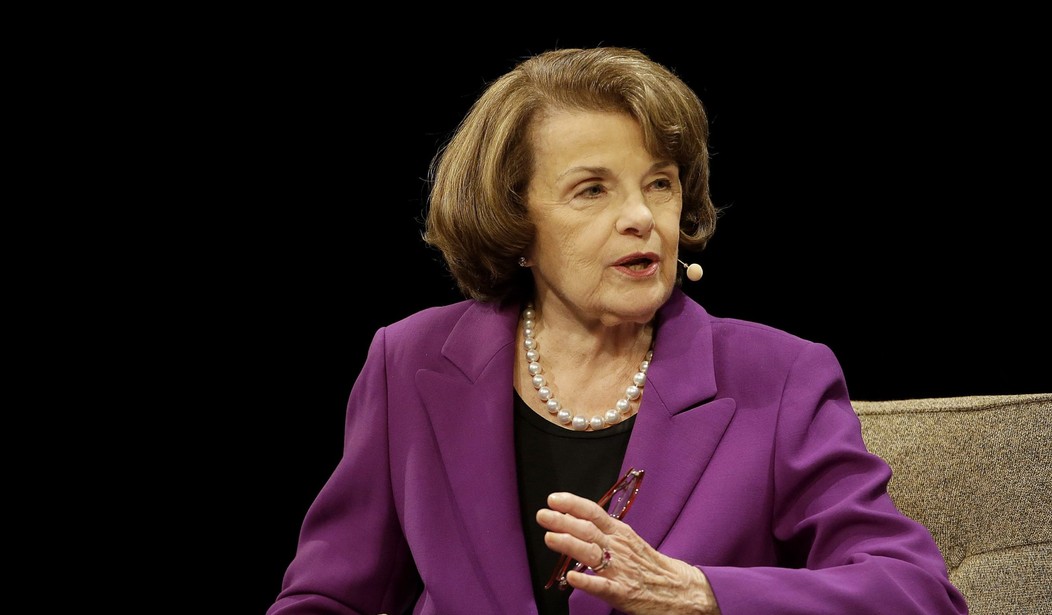During the confirmation hearings for Amy Barrett, President Trump’s nominee to the Seventh Circuit Court of Appeals, Senator Dianne Feinstein and other Democrats sitting on the Judiciary Committee introduced a religious test in direct contradiction to the Constitution. Many have been quick to call out the actions of Sen. Feinstein and her cohorts. Notably, Princeton President Christopher Eisgruber has made public a letter he addressed to Feinstein and the entire Judiciary Committee.
Many people are aware that the First Amendment to the U.S. Constitution famously says, “Congress shall make no law respecting an establishment of religion, or prohibiting the free exercise thereof.” However, Article Six is probably less known. It states, “The Senators and Representatives before mentioned, and the Members of the several State Legislatures, and all executive and judicial Officers, both of the United States and of the several States, shall be bound by Oath or Affirmation, to support this Constitution; but no religious Test shall ever be required as a Qualification to any Office or public Trust under the United States.”
It’s sad enough that many average citizens of this country are unaware of Article Six, but it’s scary that elected members of Congress are seemingly unaware of it, too.
In his introductory paragraph, Dr. Eisgruber plainly states that he is writing “as a university president and a constitutional scholar with expertise on religious freedom and judicial appointments, to express concern about questions addressed to Professor Amy Barrett during her confirmation hearings and to urge that the Committee on the Judiciary refrain from interrogating nominees about the religious or spiritual foundations of their jurisprudential views.”
Princeton University’s president then goes on to give the group of senators a brief lesson on the U.S. Constitution. “Because religious belief is constitutionally irrelevant to the qualifications for a federal judgeship, the Senate should not interrogate any nominee about those beliefs,” he writes. “I believe, more specifically, that the questions directed to Professor Barrett about her faith were not consistent with the principle set forth in the Constitution’s ‘no religious test’ clause.”
The letter from Dr. Eisgruber includes a nuanced and spirited defense of Barrett and he didn’t hold back. “The questions asked of Professor Barrett about her Catholic faith appear to have been provoked in part by her co-authored article, ‘Catholic Judges in Capital Cases’ (1998),” he said. “I have read that article, and I believe that the views expressed in it are fully consistent with a judge’s obligation to uphold the law and the Constitution.” Eisgruber added, “As a university president committed to free speech, academic freedom, and religious pluralism, I must add that, in my view, Professor Barrett’s qualifications become stronger by virtue of her willingness to write candidly and intelligently about difficult and sensitive ethical questions: our universities, our judiciary, and our country will be the poorer if the Senate prefers nominees who remain silent on such topics.”
Dr. Eisgruber’s well-crafted and knowledgeable letter is a credit to himself and a challenge not easily dismissed by Senator Feinstein and her Constitution-shredding cohorts on the Committee on the Judiciary.








Join the conversation as a VIP Member